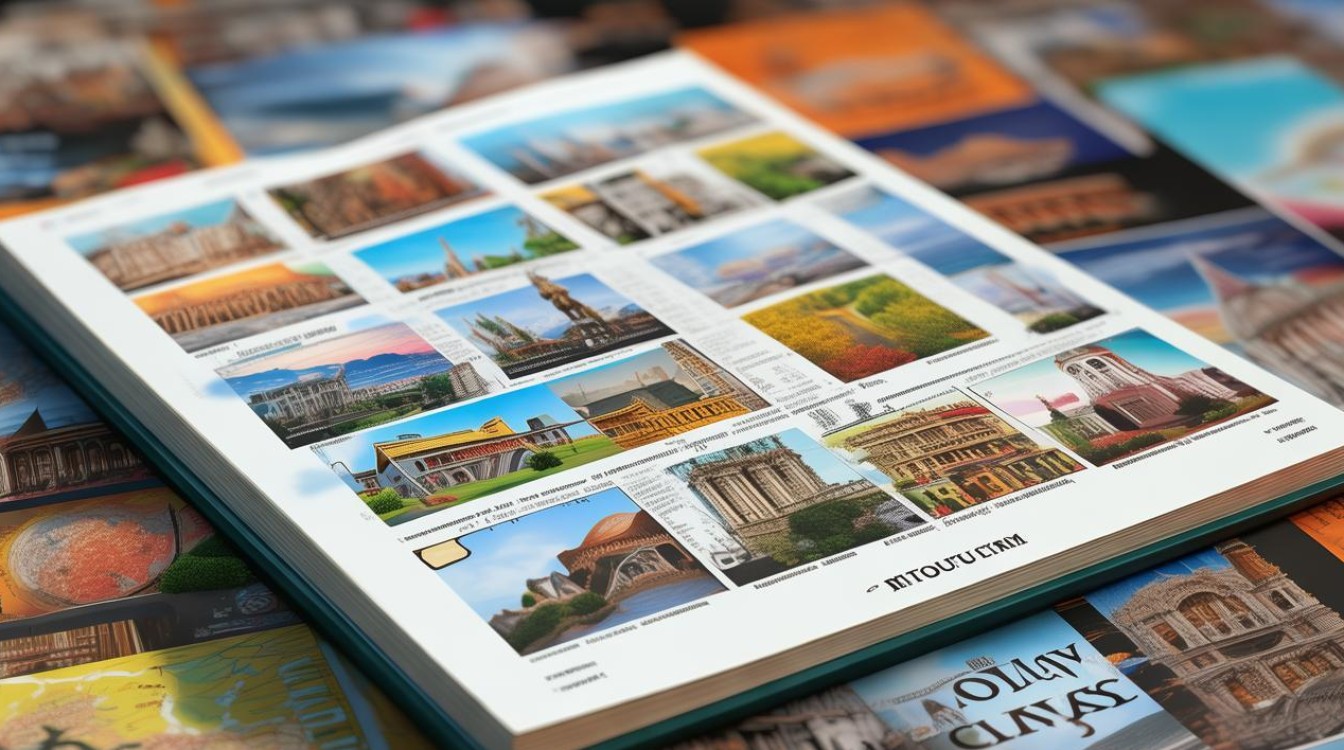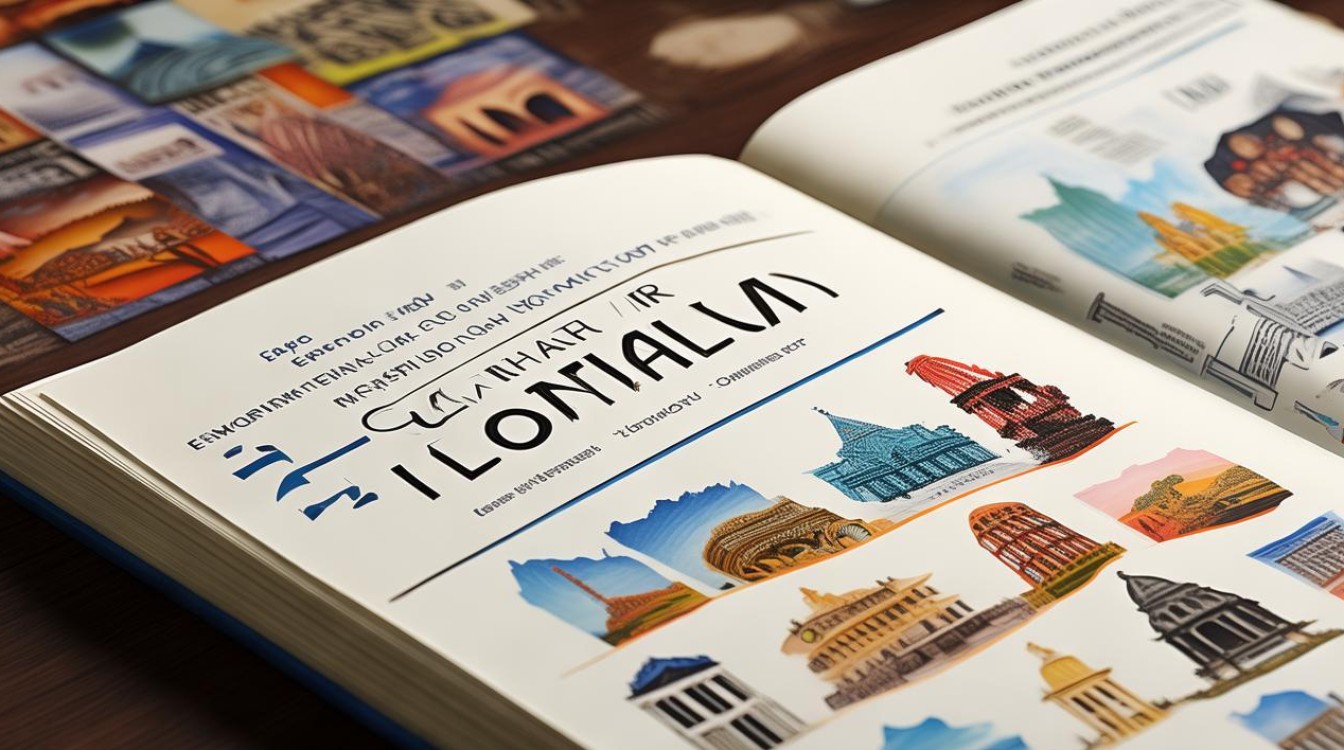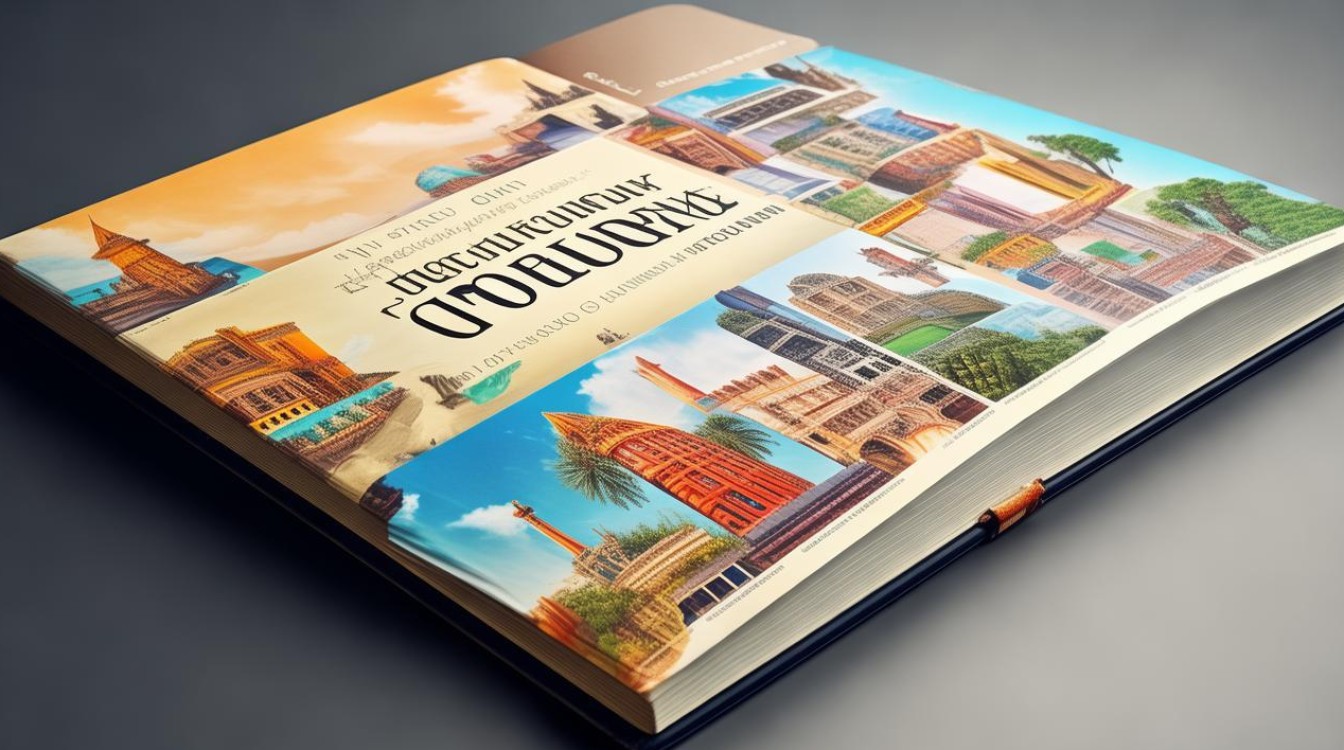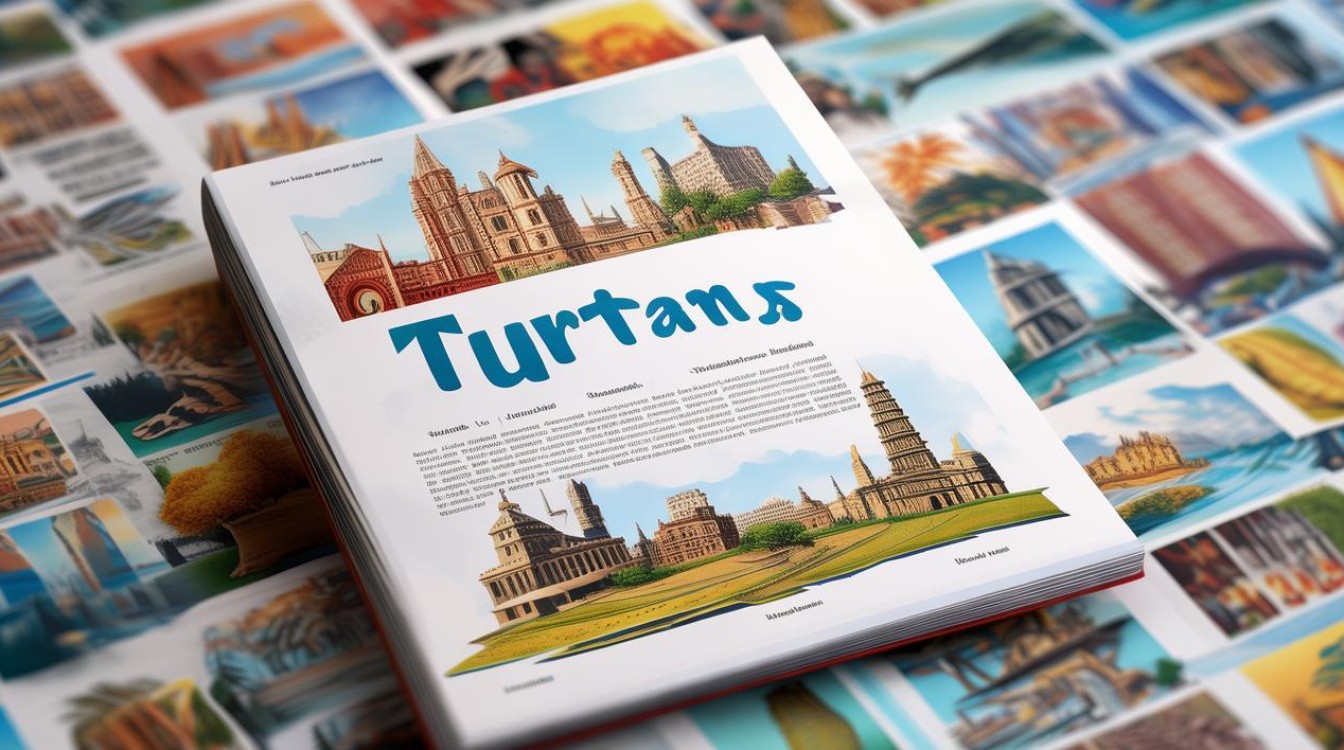Traveling opens doors to new experiences, cultures, and connections. Whether you're planning a trip abroad or simply want to enhance your language skills, mastering key English words related to tourism is invaluable. This guide covers essential vocabulary for sightseeing, transportation, accommodations, dining, and more—helping you navigate any journey with confidence.

General Travel Terms
Before diving into specific categories, let’s start with foundational words every traveler should know:
- Destination – The place you are traveling to.
- Itinerary – A planned route or schedule for a trip.
- Passport – An official document for international travel.
- Visa – A permit required to enter certain countries.
- Guidebook – A book with information about a travel destination.
- Sightseeing – Visiting famous or interesting places.
- Tourist – A person traveling for pleasure.
- Local – A resident of the place you are visiting.
Transportation Vocabulary
Getting around efficiently is crucial. Here are key terms for different modes of travel:
Air Travel
- Boarding pass – A document allowing you to board a plane.
- Check-in – The process of registering at an airport before a flight.
- Departure/Arrival – The act of leaving or arriving at a location.
- Layover – A stop between flights.
- Baggage claim – Where passengers collect checked luggage.
Public Transport
- Subway/Metro – An underground train system.
- Bus/Tram – Common forms of city transport.
- Taxi/Rideshare – Private hire vehicles.
- Ticket/Pass – A document granting travel access.
Driving & Directions
- Rental car – A vehicle hired for temporary use.
- Highway/Freeway – Major roads for long-distance travel.
- Roundabout – A circular intersection.
- Pedestrian – A person walking.
Accommodation Terms
Where you stay can make or break a trip. Familiarize yourself with lodging-related words:

- Hotel/Hostel – Paid accommodations with varying service levels.
- Resort – A luxury hotel with extensive amenities.
- Check-in/Check-out – Arrival and departure procedures.
- Reception – The front desk of a hotel.
- Room service – Food delivery to your room.
- Amenities – Extra services like Wi-Fi or a gym.
- Booking/Reservation – Securing a stay in advance.
Sightseeing & Attractions
Exploring landmarks and cultural sites is a highlight of any trip. Key terms include:
- Landmark – A recognizable natural or man-made feature.
- Museum/Gallery – Places showcasing art, history, or science.
- Monument – A structure built to commemorate an event or person.
- Park/Garden – Public green spaces for relaxation.
- Guided tour – A structured visit led by an expert.
- Admission fee – The cost to enter an attraction.
Dining & Food Vocabulary
Trying local cuisine is a travel essential. Useful restaurant terms:
- Menu – A list of available dishes.
- Appetizer/Main course/Dessert – Different meal sections.
- Reservation – Booking a table in advance.
- Tip/Gratuity – Extra payment for service.
- Buffet – A self-service meal setup.
- Vegetarian/Vegan – Dietary preferences excluding meat or animal products.
Shopping & Souvenirs
Bringing home mementos is part of the travel experience. Key shopping terms:

- Boutique – A small, specialized shop.
- Market – A place selling goods, often in open stalls.
- Souvenir – A keepsake from a trip.
- Discount/Sale – Reduced prices on items.
- Receipt – Proof of purchase.
Emergency & Safety Terms
Being prepared for unexpected situations is vital:
- Emergency – A serious, unexpected situation.
- Police/Hospital – Essential services for safety and health.
- Lost and found – A place to retrieve misplaced items.
- Insurance – Financial protection for travel mishaps.
Cultural & Social Interactions
Connecting with locals enriches travel experiences. Helpful phrases:
- Greetings – "Hello," "Good morning," "Nice to meet you."
- Thank you/Please – Basic polite expressions.
- Excuse me/Sorry – Useful for getting attention or apologizing.
- How much? – Asking for prices.
Final Thoughts
Language is a bridge that connects travelers to new experiences. By familiarizing yourself with these essential English tourism terms, you’ll navigate foreign environments more smoothly and engage more deeply with the places you visit. Whether you're booking a hotel, ordering food, or asking for directions, these words will serve as valuable tools in your journey.

Happy travels, and may your adventures be filled with discovery and connection!

